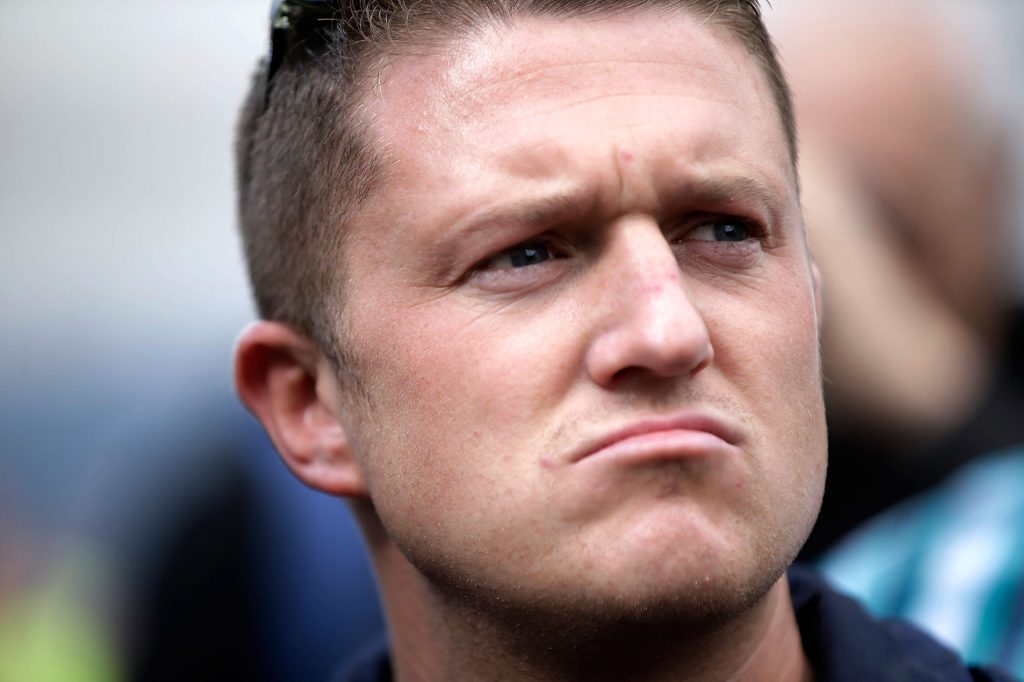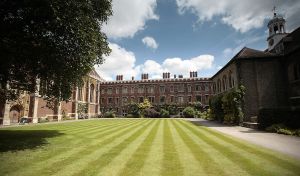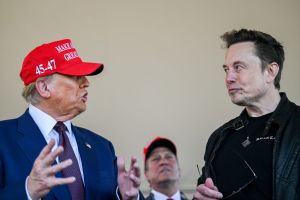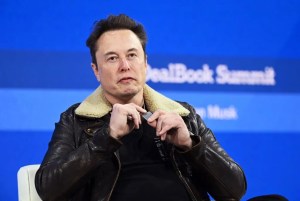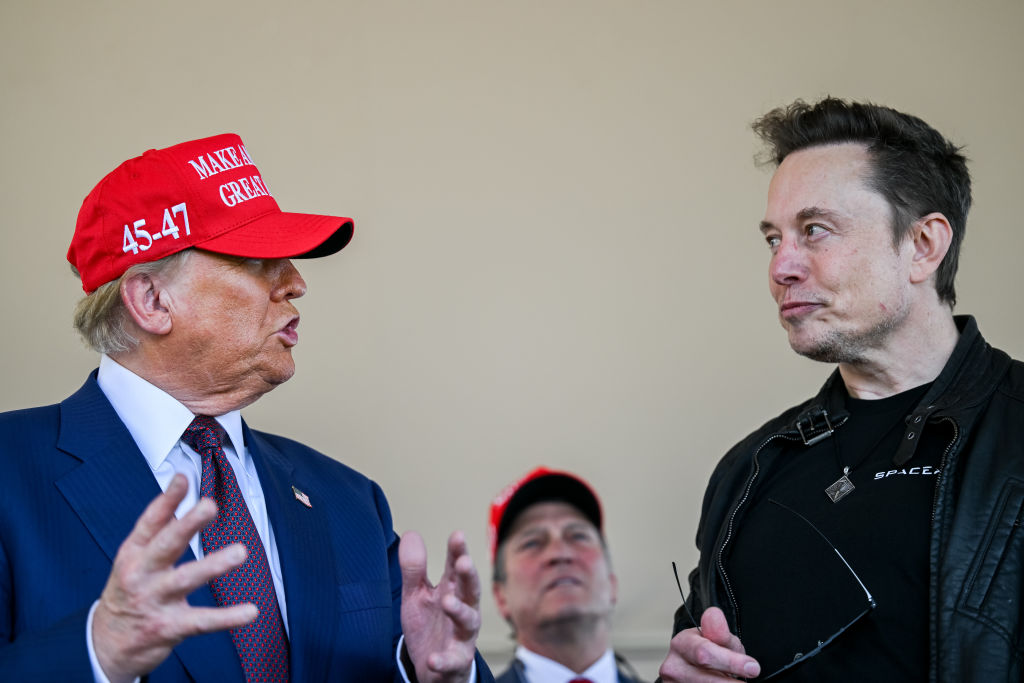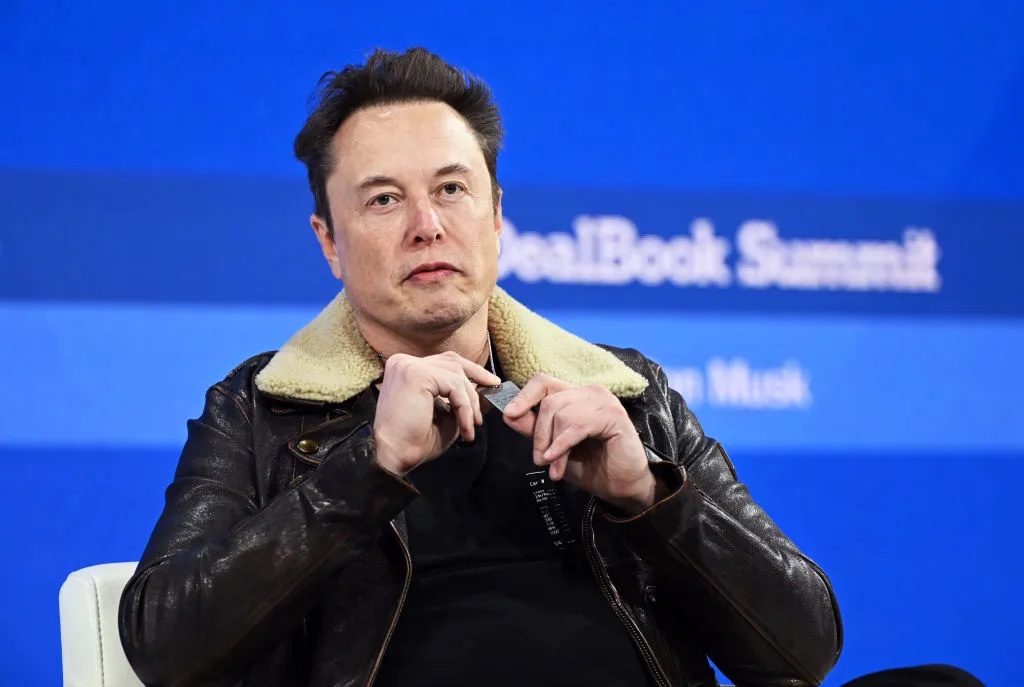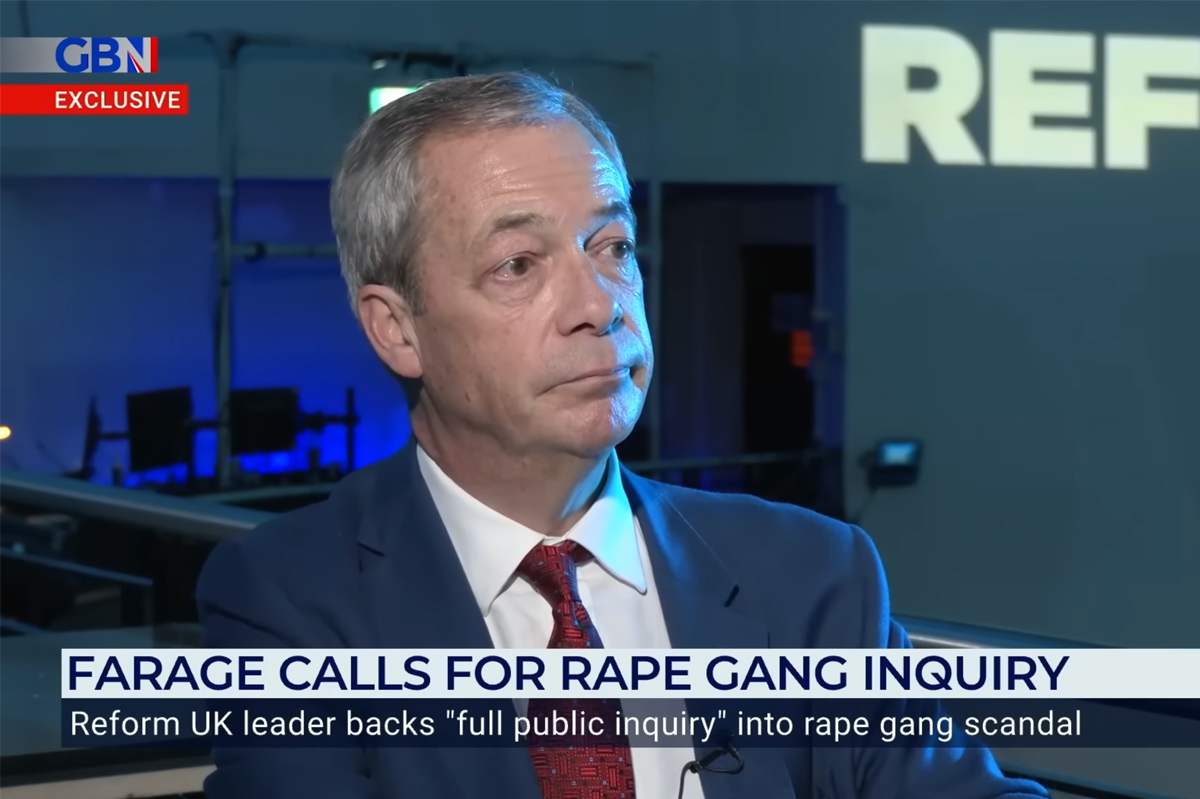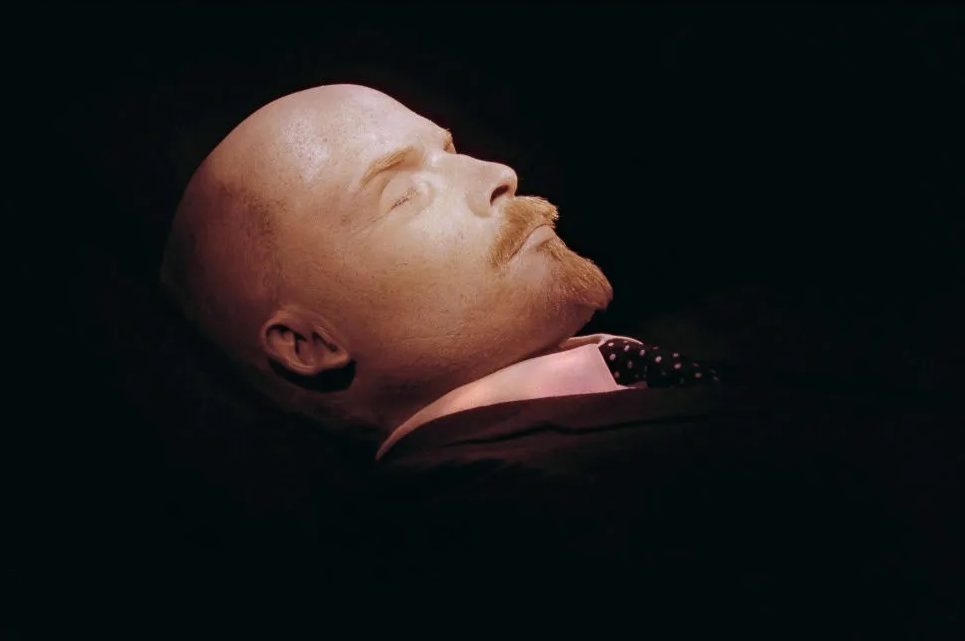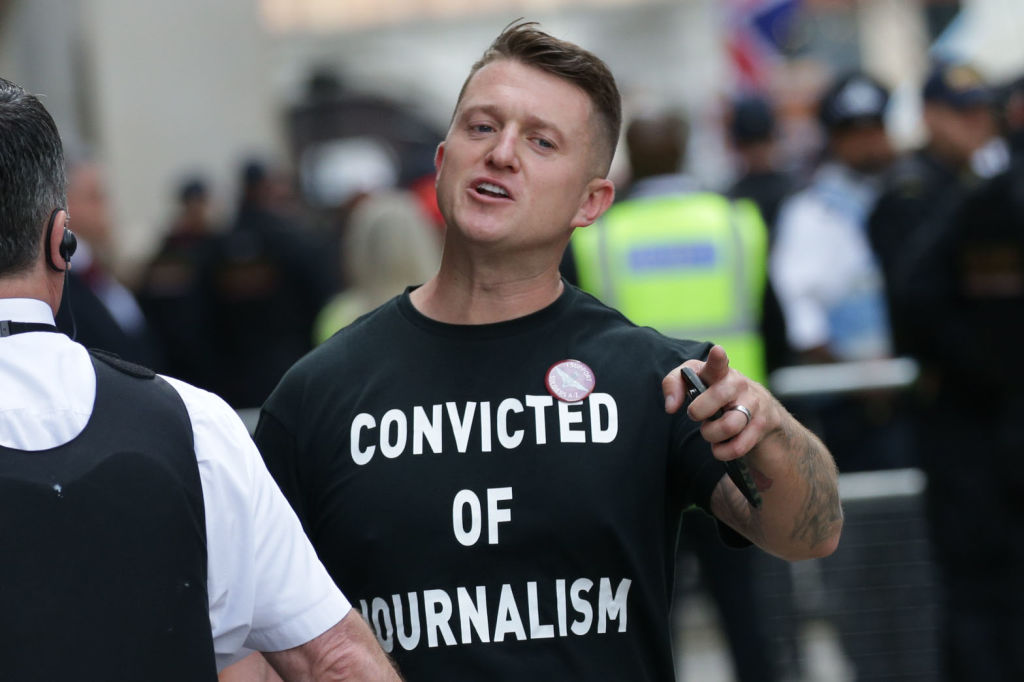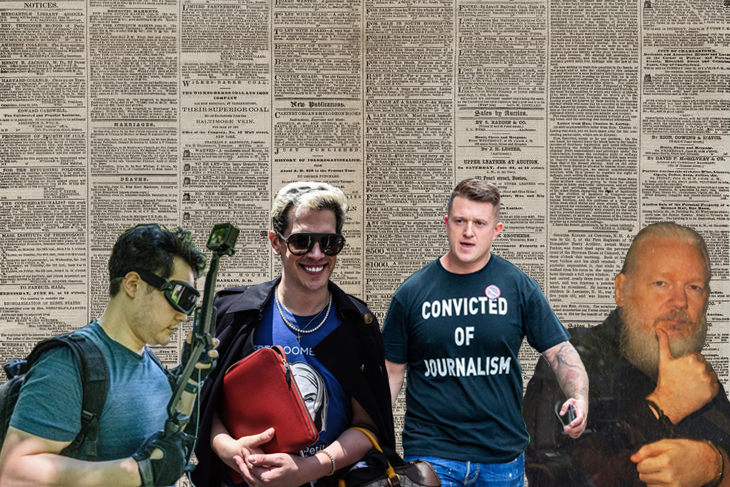Life’s not all politics. Even for Cockburn. Well, kind of. Cockburn enjoys poetry, but the digital news churn leaves him no time to recline with a slim volume of verse and a glass of dry sherry, as he was wont to do in his youth. Imagine, then, Cockburn’s delight at finding a poem that combines the pleasures of lyric with deep research into global issues—immigration, Islam, the ‘administrative state’ (rhymes with ‘people we hate’), and the budding romance between Steve Bannon and Europe’s new nationalist parties: ‘Letter to England: For Tommy Robinson’, by the American versifier Joseph Charles MacKenzie.
Written in the noble dithyramb, the rhymed couplets so beloved of those lovers of freedom, the ancient Greeks, the ‘Letter’ is a lament, a mirologia even, for the decline of those modern lovers of freedom and fried food, the British. What, the poet asks, has happened to the people of Churchill? MacKenzie begins by reminding them of their ‘darkest hour’:
No sacrifice too great, no effort spared,
You rallied to the battle and declared,
In England’s name, the inauspicious fight
Against the German Marxist and his spite.
When fire from your once-peaceful skies rained down
On London’s ancient temples of renown,
Your valour triumphed over every fear
Whose darkness could not mute your English cheer.
You fought, yet weeping for your sons that died,
And rose to glory on your fathers’ pride!
But that, MacKenzie sees, was ‘yesterday’. The rulers of today’s Britain now wish only to ‘crawl in servitude’ before a ‘Prussian despot’—that’s Angela Merkel—and the ‘fattened bureaucrats’ of the European Union:
Would you embrace their Novus Ordo plot
To make you into something you are not,
Abandoning your martyrs’ ancient faith
In globalist apostasy to bathe,
Or sanctify Mohammed’s violent hordes
Who now seize power from your local lords?
Your government, a servile rubber-stamp,
Now makes your world into a migrant camp.
Already London teems with Saracens,
But will not welcome us Americans!
…For Britain’s debt you have these frauds to thank:
What is their “Europe” but a German bank?
Whose fattened bureaucrats, a pampered club,
Appropriate your wealth, your selves to snub!
Corrupt, they steal and loot without surcease:
What Hitler lost through war they grab through peace!
Would you allow their constant plundering
To go unspoken with their blundering?
Surrender speech to their repressive state
To share with the Chinese a eunuch’s fate?
Would you let England topple on the brink,
Whilst petty deskmen dictate what you think?
Or let robotic censors gag your cries,
While leftists freely spew their shop-worn lies?
But, as in Tennyson’s verse in the days of yore, a knight arises, in this case fresh from a stretch in the big house.
For, Freedom’s charter is an empty creed,
Until the day Tom Robinson is freed!
This is not Tom Robinson the pop singer and gay rights’ activist, but Tommy Robinson, the founder of the English Defense League and anti-Islamist campaigner. Robinson, like Keats’ friend Leigh Hunt before him, is a martyr for his opinions, in his case because he broadcast the names of suspects on Facebook while their trials were still in process.
Robinson is now free. So much for the lines of that filthy communist W.H. Auden, ‘Poetry makes nothing happen.’ Cockburn will file MacKenzie’s protest on his shelf of political verse, next to Shelley’s ‘The Mask of Anarchy’, with its famous lines about Lord Castlereagh—rhymes with ’Theresa May’—after the Peterloo Massacre of 1819:
‘I met Murder along the way,
He had a face like Castlereagh.’
Some of MacKenzie’s lines remind Cockburn of Shelley’s anger:
‘Full many are the masks that Satan wears:
Take Corbyn and his self-anointing airs’
But MacKenzie’ climacteric reminds Cockburn more of Scotland’s beloved poetaster of public verse, the unfairly maligned William McGonagall:
Arise, O England, take thy rightful place,
Let not the heathen thy good self debase!
The sun is rising on thy fields of green
And glory waits for thee in stars unseen.



